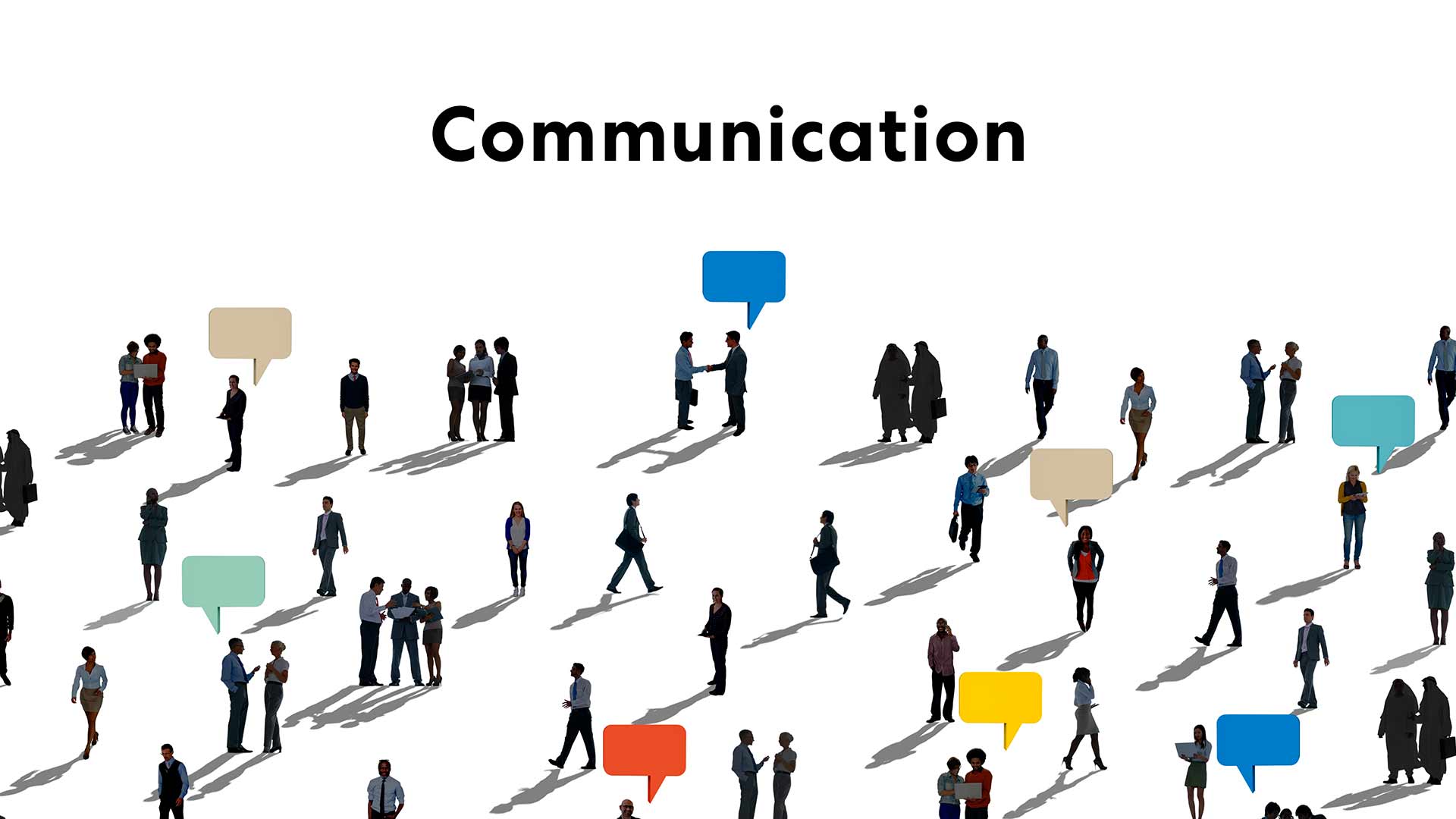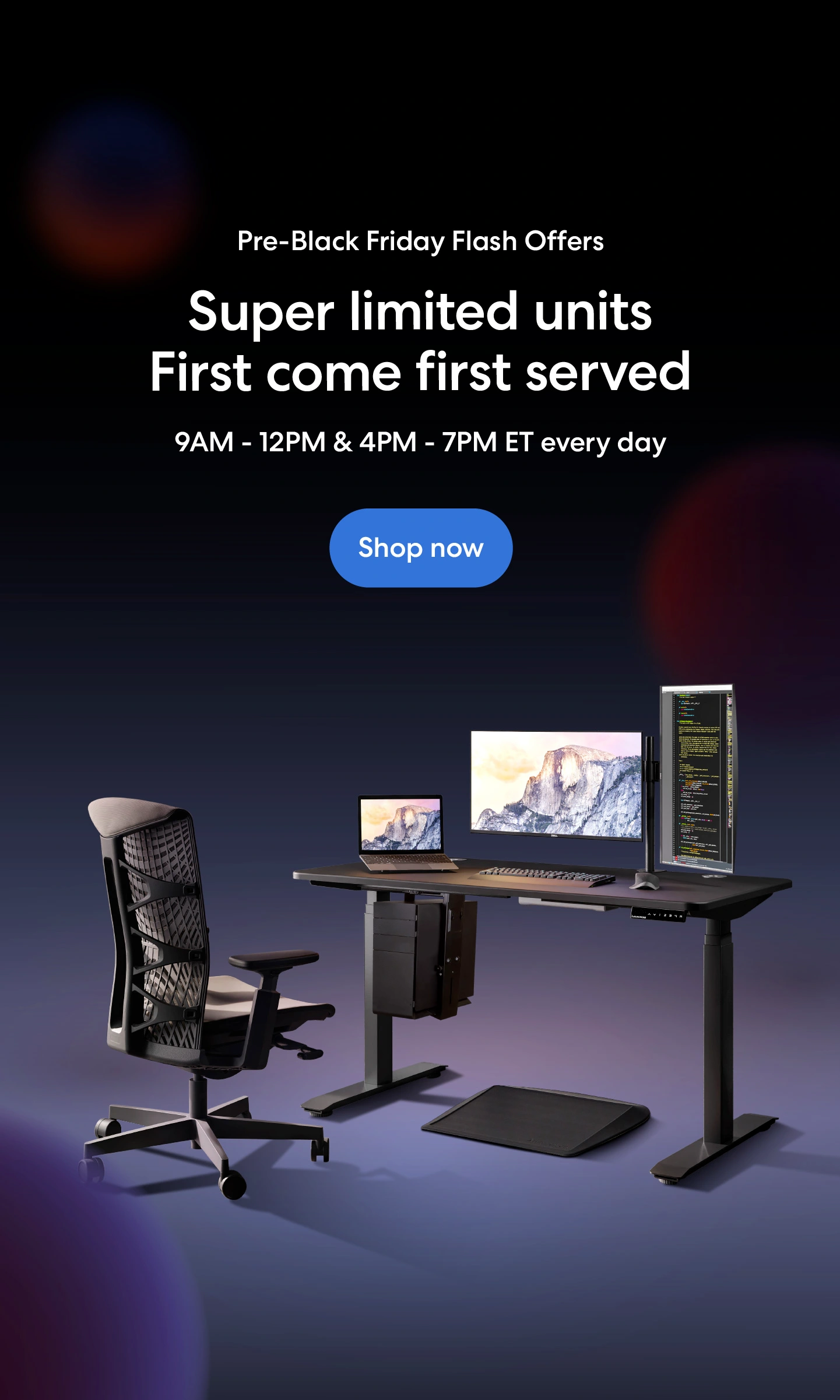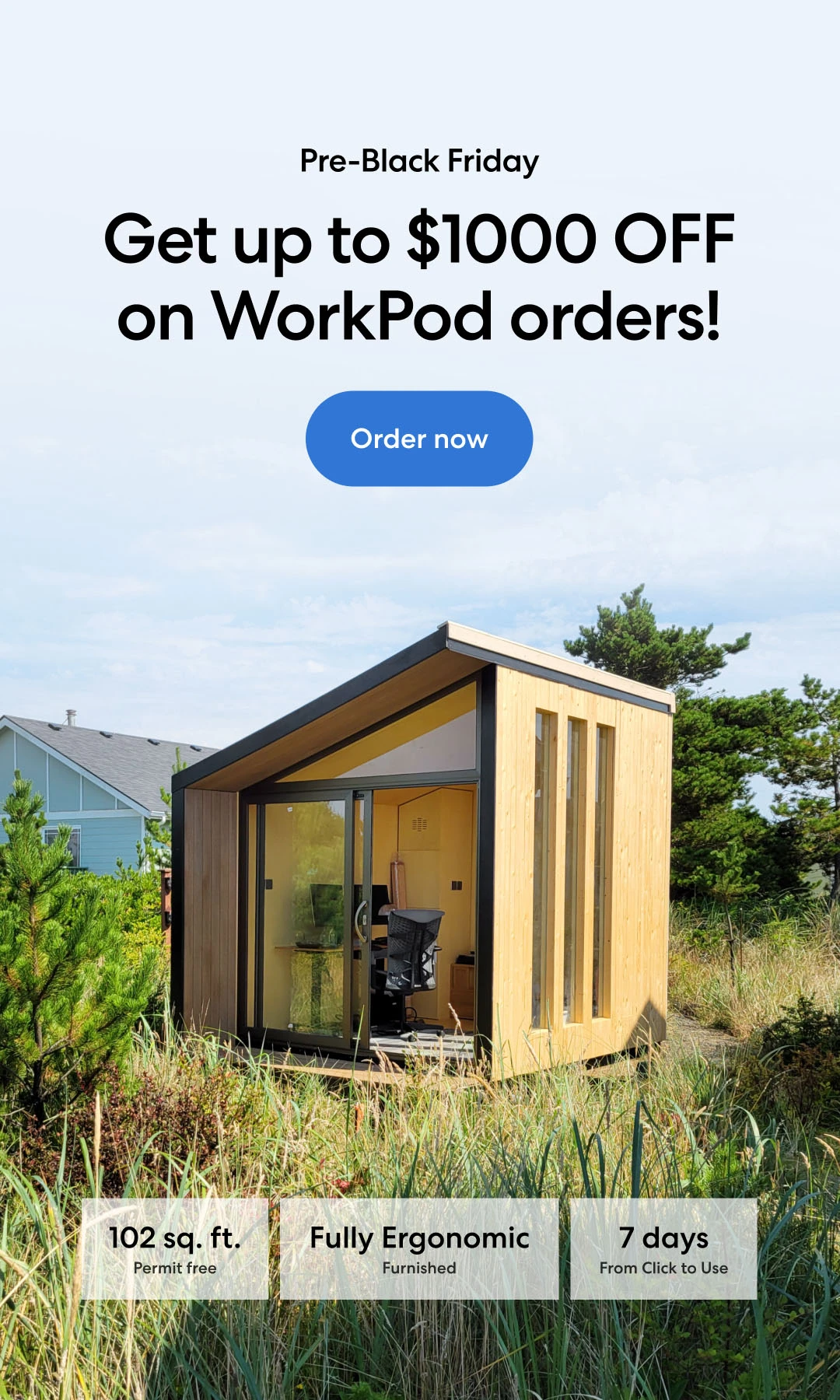/https://storage.googleapis.com/s3-autonomous-upgrade-3/static/upload/images/new_post/5-productivity-tips-from-a-full-time-freelance-writer-524.jpg)
5 Productivity Tips from a Full-Time Freelance Writer
Due to the outbreak of the COVID-19 pandemic and the lockdown orders that have followed, many workers have had to work from home. For some, this is a whole new reality. However, for others, they have had opportunities to try remote work at different times in their career. For the former group, it is a whole new experience with so many challenges they need to navigate. While some people enjoy working from home, others don’t appreciate it much. Some are already writing about the things they miss about working in an office space. However, many people love the whole concept of working from home and its numerous advantages but can’t embrace it because they find it hard to be productive working from home.
In this article, I will be sharing some productivity tips from my three years of working as a full-time freelance writer. I have a twofold goal with this article. The first is to provide some valuable help for all those who have to work from home due to COVID-19. The second is to help those who long for the benefits of remote work but are afraid they won’t be productive working from home.
There are many articles out there seeking to help people embrace remote work. Some of these articles give you a complete overview of remote work. Others teach you how to set up your home office and some offer tips to overcome distractions, keep things interesting, and increase productivity.
However, in this article, I want to focus on my personal experience as a full-time freelancer (who have never worked from an office space) and dive deeper into more fundamental issues that could help you finally embrace the remote work lifestyle. Rather than highlighting some specific tips relating to the actual work you are doing, I will emphasize creating an overall context that will make you productive irrespective of the work you are doing.
Productive pattern: Discover yourself
 While there are general guidelines that are essential to productivity in the remote work space, a foundational step is to seek to understand yourself.
While there are general guidelines that are essential to productivity in the remote work space, a foundational step is to seek to understand yourself.
I have always been the morning type person. From my time at the University, I have developed a preference for sleeping and waking up early. I sleep by 10 pm every night and wake up by 5 am. When I finished school and started working as a freelancer, I embraced the same lifestyle (now 11 pm to 6 am). It worked for me in my university days, and it still works for me today. I like to do my devotion and cooking after I wake up while I use those minutes in between cooking time to reflect on my tasks for the day.
I resume on my desk by 10 am and work from 10 am to 4 pm. I devote the next two hours to learning – whether I am acquiring new skills, sharpening my current skill set, or exploring something new. My work hours end by 6 pm. One of my unique selling points in the freelance market is that I don't miss my delivery dates. In most cases, I am always a day (or more) ahead.
The point I am trying to emphasize here is that I discovered what works for me (by looking back at the past) and stick to it.
In the remote work space, you have the freedom to design your day in the way that best suits you. If waking up by 5 am to beat the traffic and resume by 8 am and then work till 5 pm is not what works best for you, this is your time to fix it. No one cares when you resume, and when you close, the important thing is getting the work done. Therefore, you must resist the temptation to conform to another person's pattern.
If you are not sure what works best for you, try and get some insights from a period in the past (High School? College?) when your productivity level was very high. For me, I figured out that if this lifestyle could help me graduate with a 4.47/5 in University, it probably works best for me. Voila! It did. If you can’t figure anything out, you will have to do some trial and error until you figure out what works best for you.
There are some remote workers and freelancers who don't start working until the evening, and they work until the middle of the night. They spend their mornings sleeping. Some of them do this because they found out it works best for them.
Remote work takes away the need to conform to a peculiar pattern. Rather, it allows you to find your pattern and stick with it. This is the first step towards productivity.
N.B: The pattern you adopt does not need to include working for six or eight straight hours. It works for me; it might not work best for you. You can divide up your daily tasks into different periods throughout the day. The important thing is to have a productive pattern and stick to it.
Productive planning
 Creating a plan is an essential part of life whether you work from an office or work from home. However, when you work from home, some important ingredients will make your planning effective.
Creating a plan is an essential part of life whether you work from an office or work from home. However, when you work from home, some important ingredients will make your planning effective.
Commit to a detailed weekly plan
Once you have your productive pattern set up, you need to start creating a comprehensive schedule that will keep you on track.
For me, 10 am to 6 pm is my work time. I make sure I have a comprehensive plan that fits into that pattern. I know what I am doing from 10 am to 12 pm, 12 pm to 2 pm, 2 pm to 3 pm, etc. every day of the week.
I use a method that I will call the container-content schedule. For example, on my To-Do List, 10 am-12 pm every day is designated as "clients’ work." Clients' work is a container. On Monday, the content of that container might be a landing page copy for Company A. On Tuesday, it might be product descriptions for Company B. Landing page copy and product descriptions are the content.
At the beginning of the week, I start putting the content into the container. The advantage of this method is that when I get a project during the week that I have to deliver that week, I know where to plug it. Also, if there is a day where I don’t have anything to do with that time, I can know ahead of time and plan an alternative. That way, you will have a good mastery of your time and consistently meet your deadlines.
Instead of creating only a daily plan, you can fill in the hours you have dedicated to work at the beginning of the week.
Plan your leisure
The reason why we spend too little or too much time on leisure and entertainment is that we don't plan for them. Recreation should not be something that just happens. If you allow it just to happen, it will intrude into other essential areas of life. Because leisure has a powerful hold on us, it might be difficult to pause. Also, the guilt of 'wasting time' in leisure when you should be working can prevent you from actually enjoying the time. However, when you plan your entertainment, your capacity to enjoy it is higher.
For me, 6 pm to 7 pm and 9 pm to 10 pm every workday (except Friday) is for leisure. I am an introvert, so I mostly spend that time indoors (except Friday where I go out in the morning for Soccer practice). If you are not an introvert, you can spend your leisure (whatever time you designate for it) outdoors. Remember, you have your schedule. It is within that schedule that you plan your leisure. For you, the time for relaxation might be the early mornings.
The critical point here is to plan your leisure so you can enjoy them better and be productive at your work without them intruding.
Productive learning
 Remote workers and freelancers need to commit to continuous improvement. It is especially crucial for the latter. Remote workers may have some training programs organized by the firm. However, if these trainings are virtual, then the remote worker and the freelancer are in the same shoes.
Remote workers and freelancers need to commit to continuous improvement. It is especially crucial for the latter. Remote workers may have some training programs organized by the firm. However, if these trainings are virtual, then the remote worker and the freelancer are in the same shoes.
Part of my schedule is to set aside two hours every day (from 4 pm to 6 pm) to learn. Not only that, but I also try to be very specific about the container and the content. For example, I focus on taking writing courses on Mondays and Marketing courses on Tuesdays, etc. Specifying what I want to learn and the time I want to learn it helps me to stay focused on my learning objectives.
Look again at your productive schedule and try to include a period for learning. We live in a globalized economy where there are new trends every now and then. To succeed in this economy, you need to stay ahead of the curve. As someone working from home, you can only be productive when you are continually learning and improving your skillset.
Productive communication
 This is one area where many freelancers and remote workers fall short. Communication is essential to every business relationship. If you are working with a team, you need to factor the team's meeting times into your schedule. You should learn to give feedback and receive them. When you have milestones before the final deliverable, you must communicate after each milestone.
This is one area where many freelancers and remote workers fall short. Communication is essential to every business relationship. If you are working with a team, you need to factor the team's meeting times into your schedule. You should learn to give feedback and receive them. When you have milestones before the final deliverable, you must communicate after each milestone.
Communication can become a problem if you don't work in a team. However, the same principles apply. If you have to make important decisions on the client's work beyond the scope of initial agreements, you have to learn to communicate at that point. It will save you countless hours working on revision requests. Ensure you have all the necessary information upfront. If there are any new details, communicate to the client. At the end of every milestone, get their feedback on the project. If you work alone, you can also connect with other freelancers in the same industry that can serve as your review and critique team. You can critique and evaluate each other's work before delivering it to the client.
The more you communicate, the lower the chances that you will waste your time on endless revisions or lose an important client because you did a poor job.
Productive environment
 Where you work is also essential to your productivity. There are two types of environment relevant to the remote worker. The first is the workspace, and the second is everything else outside the workspace (home, community).
Where you work is also essential to your productivity. There are two types of environment relevant to the remote worker. The first is the workspace, and the second is everything else outside the workspace (home, community).
If you work from home, you would want to be in a location that is serene and calm. Though some people say they can work well where there is noise, I still think they would prefer if there were no noise. You need to be sure your immediate environment is conducive for you. If it detracts from your productivity, you might need to move (ceteris paribus). I had to change my house a few months ago because the electricity situation was poor in my former location and the house was too close to a major road.
The workspace
 Your workspace is another essential element of the environment. The place you work must be as convenient as possible. If you are not comfortable, you can’t maximize your productivity. The first step is to decide where your workspace will be. You should choose a room that is well lit and farthest away from distractions. The second step is to choose an ergonomic chair and a smart standing desk. You can even get all the furniture you need for less than $1,000. The third step is to arrange the items you will be using most productively. Different people have structures that work best for them. Choose the one that works best for you.
Your workspace is another essential element of the environment. The place you work must be as convenient as possible. If you are not comfortable, you can’t maximize your productivity. The first step is to decide where your workspace will be. You should choose a room that is well lit and farthest away from distractions. The second step is to choose an ergonomic chair and a smart standing desk. You can even get all the furniture you need for less than $1,000. The third step is to arrange the items you will be using most productively. Different people have structures that work best for them. Choose the one that works best for you.
Conclusion
Remote work and freelancing are growing globally. More people are embracing the work from home lifestyle, and many more people will do so. If you worry about achieving productivity as a remote worker and freelancer, remember that with a productive schedule and productive planning in a productive environment where you are committed to productive communication and learning, you can be more productive than if you work from an office space.
Read more...
7 Steps to Delivering Your Project on Time
A Guide on How to Create the Most Productive Desk Setup
The Best Monitor Stand and Other Tools for Developers Working Remotely
How to Eliminate Digital Distractions and Increase Your Productivity
Stay connected with us!
Subscribe to our weekly updates to stay in the loop about our latest innovations and community news!
Spread the word



/https://storage.googleapis.com/s3-autonomous-upgrade-3/production/ecm/230914/bulk-order-sep-2023-720x1200-CTA-min.jpg)

/https://storage.googleapis.com/s3-autonomous-upgrade-3/static/upload/images/new_post_author/paul-owolabi-19.jpg)